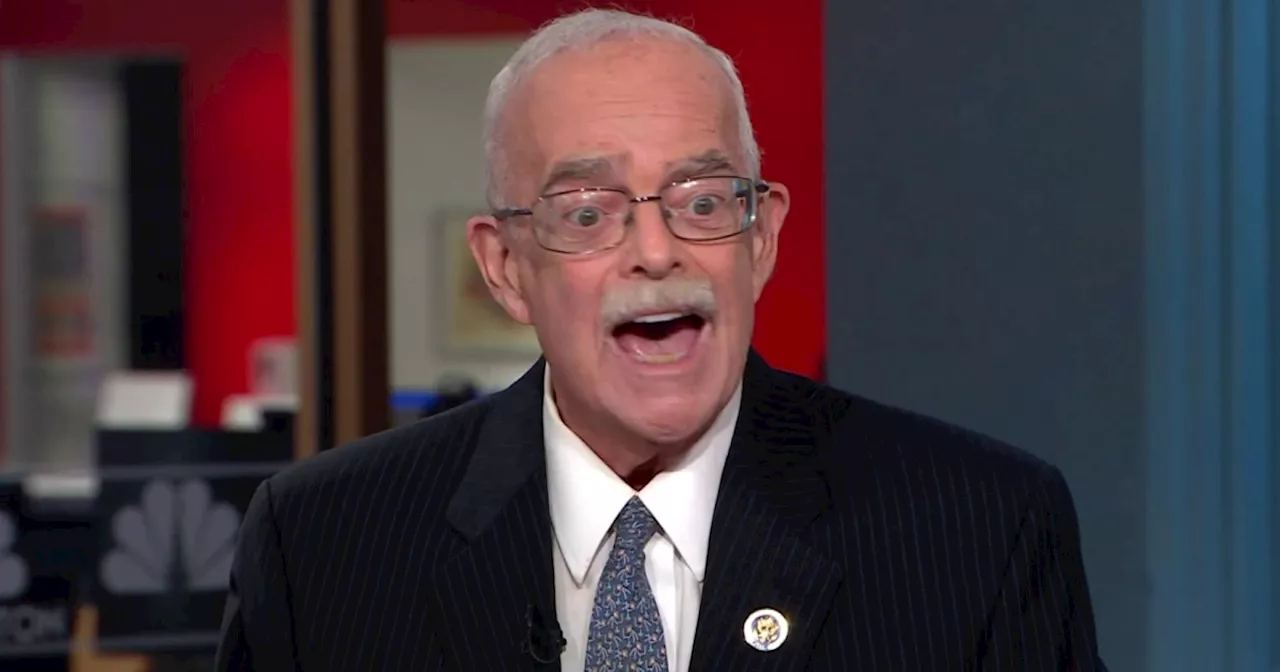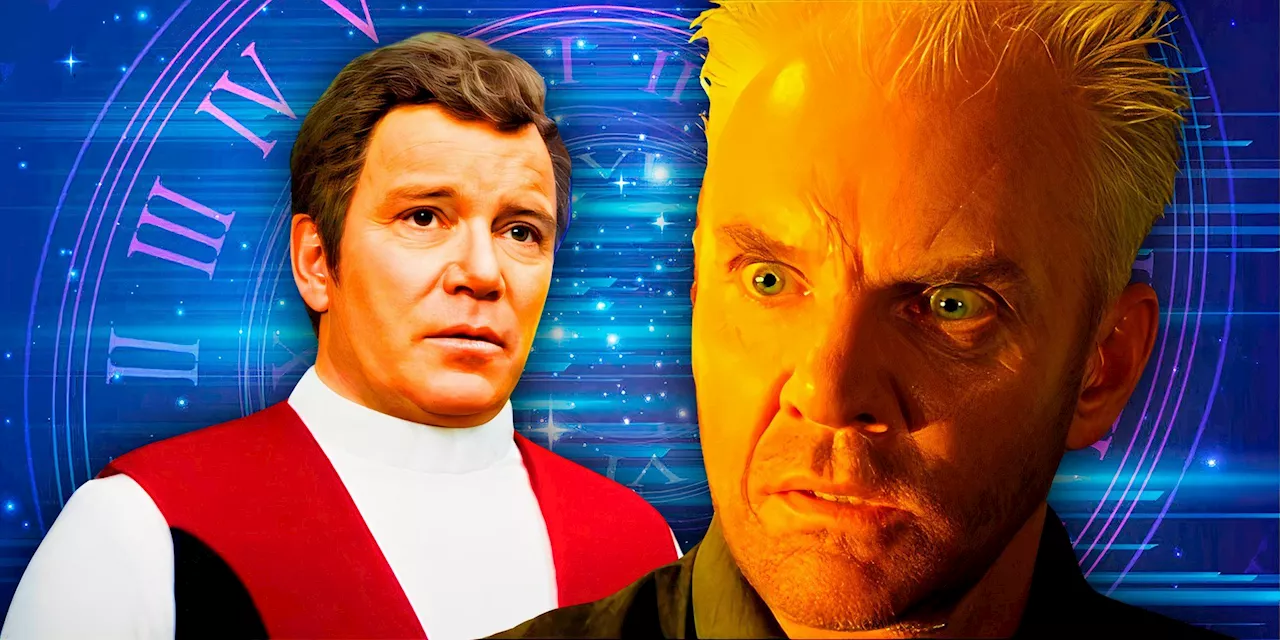Workplace consultant and author Lindsey Pollak takes questions from listeners who are struggling to manage older direct reports.
explains that cross-generational dynamics in the workplace are becoming increasingly complex, driven by rapid technological advancements and longer career spans., Pollak addresses listener questions about motivating older direct reports and engaging senior employees who may be skeptical about new technology. She also offers practical advice for navigating situations where you’ve been promoted ahead of more experienced colleagues.
LINDSEY POLLAK: Definitely, yes! I myself am a Gen Xer which I always out myself at the beginning of conversations. And when I entered the workplace in the ’90s there were only three generations in the workplace. Well, we’ve seen expansion on the older end of the workplace with people working longer. And now we have millennials and now the new Gen Z is coming in. So, in the 20 years that I’ve personally been in the workplace, we’ve gone from three generations to five.
LINDSEY POLLAK: My initial reaction is this is a person who is not necessarily dealing with a young person managing older workers, but someone who has really never managed people before. And so I think there’s some classic mistakes or challenges that this particular person is facing that a lot of people face when they’re starting out. Whether they’re managing people of any generation or age.
LINDSEY POLLAK: I do think that’s true. I think that we often think of the one thing that makes us different or might potentially be a problem, and we draw more attention to it than perhaps other people do. It might very well be an issue, but I wouldn’t think it’s an issue with absolutely every person and I think it’s worth some investigating to see if there’s other factors at play. It might be beyond age.
DAN MCGINN: I wonder whether in some cases it can be useful to make some of this stuff optional too. Not just time to adjust to it, but in situations where it makes sense, maybe not making it a mandatory form of communication might give people a little bit more autonomy and a little bit more sense of freedom.
ALISON BEARD: How else can he build trust and credibility with this team though? It does seem like he’s setting a clear direction for how he wants things to be done. You talked about explaining why he wants it done that way. Is there anything else he can do to make them understand why he was chosen as their leader?
ALISON BEARD: So, do you think that he is being too aggressive in his weekly meeting cadence? Should he be doing things differently in terms of visiting the office where he’s not located? LINDSEY POLLAK: That’s exactly right. I’m a big fan of the style conversation, Michael Watkins concept from the First 90 Days that you really have to communicate to the people you manage what your style is.
LINDSEY POLLAK: Do we think that the issue is with everybody on the team or just with the two older women? LINDSEY POLLAK: I’m also curious that her frustration that it’s tiring and frustrating to push people. I wonder how she perceives her role as a manager.LINDSEY POLLAK: It’s certainly part of the job, right? They’re clearly waiting for her to take a lead, so if you don’t paint a picture for people of what you want them to be doing, or what you’d like the reality to look like, I don’t know if they know what that looks like because they’re in such a pattern.
DAN MCGINN: I think it can be also useful to think about the five employees that she’s managing kind of as a portfolio. The fact that these older workers might be coasting and just wanting to do what they’re asked to nothing more, that might actually relieve pressure on her and eliminate the problem of all five of them wanting to get promoted next year. Older workers who are happy just to do what they’re asked to do, that can really make your life a little bit easier as a boss.
DAN MCGINN: I wanted to ask, do you find that this idea of calling people sometimes presents generational issues and that younger people at times are very reluctant to do it? DAN MCGINN: Dear HBR: I’m a 25-year-old software engineer with hardware experience. I do work on the weekends and sometimes during the week for a regional nonprofit. I feel like my older bosses are discriminating against me because of my age. This organization hosts several events throughout the week with around 100 attendees. I do tech work for them, pretty basic stuff to make sure computers and TVs are working. Recently they instituted a new and confusing management structure.
DAN MCGINN: I’d be hopeful that part of the problem here is the newness of all the, of the relationships. And especially when you have responsibilities like his which are fixing technical problems, it seems to me that pretty quickly he’ll establish a track record here that either the solution that he proposes works or it doesn’t work. It’s a pretty binary outcome.
LINDSEY POLLAK: I like that you pointed out that they said they have to contact another person. That was a little red flag to me that maybe they don’t understand what he’s saying, or he’s not communicating in a way that feels important or meaningful to them. One way that people describe generational differences in conversation is that we’re speaking different languages in some ways and I wonder if in this case, he is.
LINDSEY POLLAK: You know one of the things I’ve been hearing people talk about is the need in this multigenerational workplace and in our digital knowledge economy to combine EQ and DQ. So, emotional intelligence, how to get along with people, and DQ, the digital intelligence. He’s got the DQ. I wonder if he needs a little bit of the EQ.
United States Latest News, United States Headlines
Similar News:You can also read news stories similar to this one that we have collected from other news sources.
 Rep. Connolly denies generational divide after beating AOC to top Oversight postThis is additional taxonomy that helps us with analytics
Rep. Connolly denies generational divide after beating AOC to top Oversight postThis is additional taxonomy that helps us with analytics
Read more »
 Breaking the Cycle of Generational TraumaThis article explores the impact of generational trauma and offers ways to break free from its harmful patterns. It highlights the importance of self-awareness and understanding how trauma affects relationships, emphasizing that recognizing and acknowledging these patterns is the first step towards healing and rewriting our stories.
Breaking the Cycle of Generational TraumaThis article explores the impact of generational trauma and offers ways to break free from its harmful patterns. It highlights the importance of self-awareness and understanding how trauma affects relationships, emphasizing that recognizing and acknowledging these patterns is the first step towards healing and rewriting our stories.
Read more »
 Connolly Elected to Lead House Oversight Committee, Defying Calls for Generational ChangeRep. Gerry Connolly, a 74-year-old Democrat, has been chosen to lead the House Oversight Committee, outpacing the younger Rep. Alexandria Ocasio-Cortez. This decision comes despite mounting pressure for leadership renewal within the Democratic party.
Connolly Elected to Lead House Oversight Committee, Defying Calls for Generational ChangeRep. Gerry Connolly, a 74-year-old Democrat, has been chosen to lead the House Oversight Committee, outpacing the younger Rep. Alexandria Ocasio-Cortez. This decision comes despite mounting pressure for leadership renewal within the Democratic party.
Read more »
 Generational Divide: Are Boomers Withholding Money From Their Millennial Kids?A recent Reddit post sparked a debate about parental responsibility when it comes to financial support for adult children. Some millennials believe their parents are holding back money, while others argue that financial assistance is not a given. This article explores both sides of the argument and examines the evolving trends in intergenerational financial transfers.
Generational Divide: Are Boomers Withholding Money From Their Millennial Kids?A recent Reddit post sparked a debate about parental responsibility when it comes to financial support for adult children. Some millennials believe their parents are holding back money, while others argue that financial assistance is not a given. This article explores both sides of the argument and examines the evolving trends in intergenerational financial transfers.
Read more »
 Star Trek Generations: A Multi-Generational AdventureStar Trek Generations explores the intersection of two eras in the Star Trek universe, featuring a memorable team-up between Captain Kirk and Captain Picard. The film's complex timeline and the enigmatic Nexus, a temporal anomaly, add layers to this cinematic experience.
Star Trek Generations: A Multi-Generational AdventureStar Trek Generations explores the intersection of two eras in the Star Trek universe, featuring a memorable team-up between Captain Kirk and Captain Picard. The film's complex timeline and the enigmatic Nexus, a temporal anomaly, add layers to this cinematic experience.
Read more »
 Ocasio-Cortez's House Committee Loss Highlights Generational Divide in DemocratsRep. Jasmine Crockett (D-Texas) criticizes the Democratic Party's reliance on seniority for leadership positions after Rep. Alexandria Ocasio-Cortez (D-N.Y.) lost her bid for the top spot on the Oversight Committee. Crockett suggests that the party needs to embrace fresh perspectives and shake up its leadership structure to effectively address the concerns of the American people.
Ocasio-Cortez's House Committee Loss Highlights Generational Divide in DemocratsRep. Jasmine Crockett (D-Texas) criticizes the Democratic Party's reliance on seniority for leadership positions after Rep. Alexandria Ocasio-Cortez (D-N.Y.) lost her bid for the top spot on the Oversight Committee. Crockett suggests that the party needs to embrace fresh perspectives and shake up its leadership structure to effectively address the concerns of the American people.
Read more »
